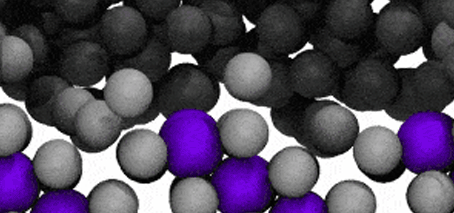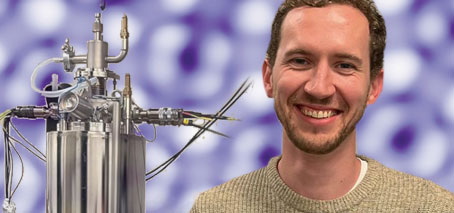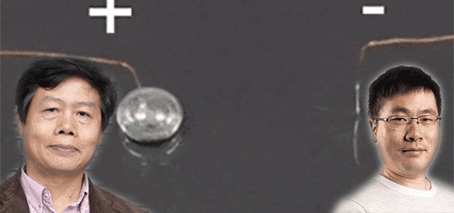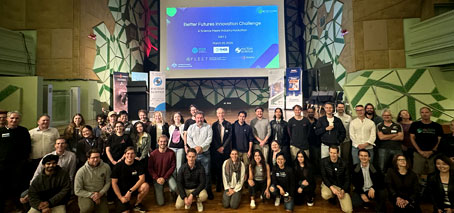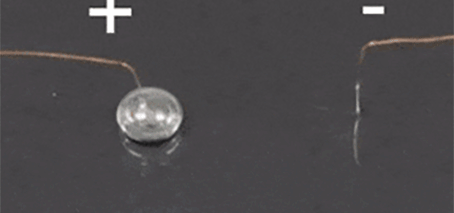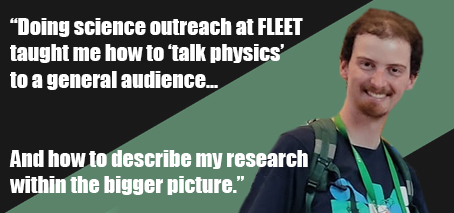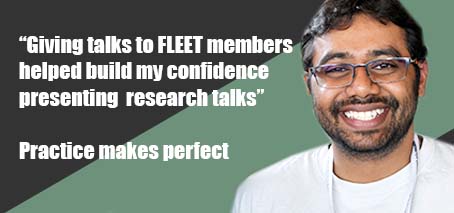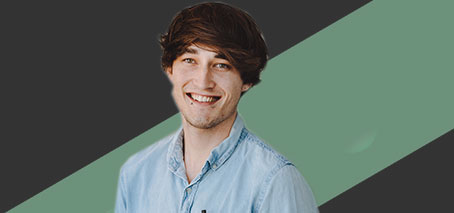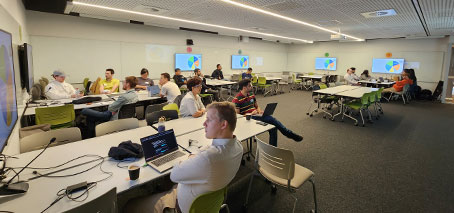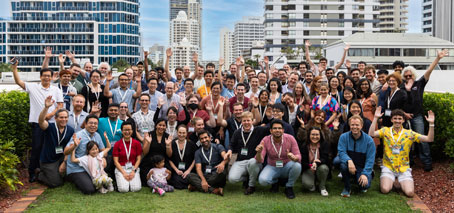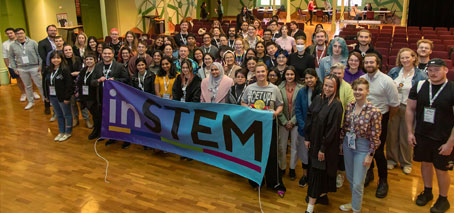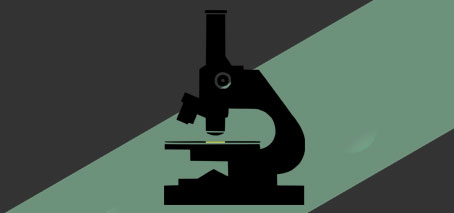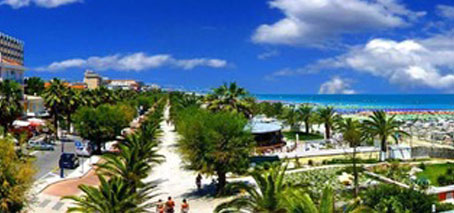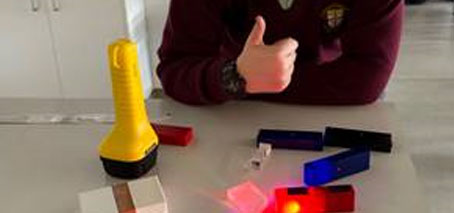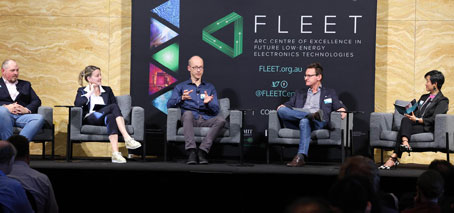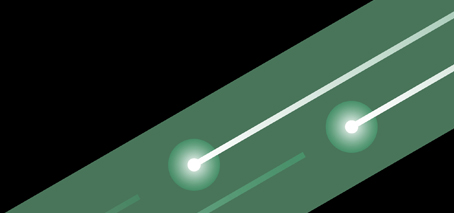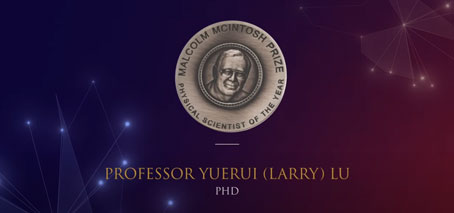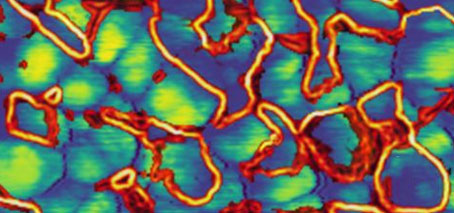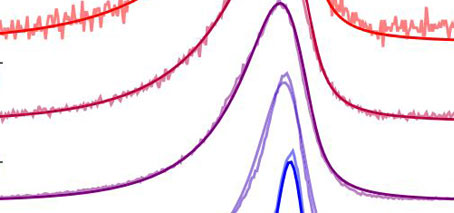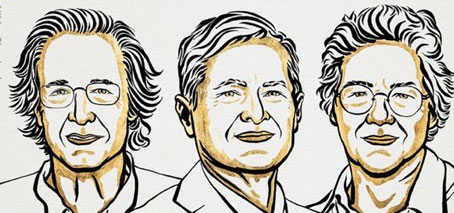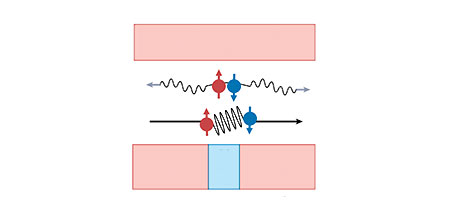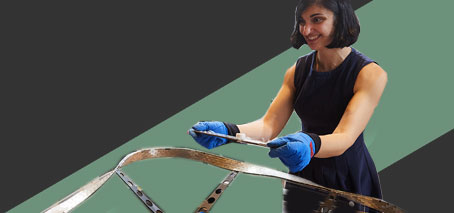FLEET News in June 2024 includes FLEET landing event, stay in touch: Friends of FLEET, upcoming conferences and more. You can sign up for FLEET news here. Catch up on previous versions of the FLEET newsletter below. May 2024 includes FLEET landing event, the new legacy Centre website, dynamic surfaces at RMIT, internship report from ANSTO and quantum sensing funding. …
Ultra-high spectral purity revealed in exciton-polariton laser
Ground-breaking research revealed the ultra-narrow linewidth of a novel type of laser that operates without population inversion. Exciton-polariton lasers, renowned for their low-power operation, have long tantalised researchers with their promise for practical low-energy applications. However, until now, a clean measurement of the laser’s linewidth, or spectral purity, has remained elusive. “The spectral purity is one of the defining characteristics …
Dark excitons shed new light on matter
A team of Monash researchers have uncovered for the first time the full effects of interactions between exciton-polaritons and their associated dark excitonic reservoir. Exciton-polaritons (‘polaritons’, for short) are hybrid mixtures of light and matter that inherit the best properties of both. They form in semiconductors sandwiched between two mirrors, through which a laser is shone. “Polaritons capture useful properties …
FLEET Landing celebrates Centre achievements
Around 140 FLEET members, friends and partners gathered at Monash this week at the FLEET Headquarters to celebrate the Centre’s achievements. Funded in 2017, FLEET was officially launched at the same venue, Monash New Horizons Centre, on 12 June 2018. Guests include current members, alumni, collaborators and stakeholders, all of whom have contributed and supported FLEET in its seven-year journey. …
Sangeet Kumar inaugural FLEET intern
Sangeet Kumar was the inaugural intern for the FLEET internship program, working at ANSTO, performing neutron reflectrometry experiment to study ion-beam modified 2D materials. Sangeet reports back on whart he learned: “I recently finished my two-month FLEET ANSTO internship at Lucas Heights, NSW. I’m grateful for the financial support provided by FLEET as an additional stipend, and for ANSTO’s support …
The FLEET Branding Journey
We love the iconic FLEET logo, and so do our members, who have enjoyed wearing it on hoodies, T-shirts and face stickers, working it into scientific experiments, and outreach apparatus. What’s the secret of a great logo? For us, it was involving a large team, being clear about what we wanted to do, and why, and iterating back and forward …
Sue Coppersmith completes first leg of 2024 Women in Physics tour
FLEET AI Prof Sue Coppersmith (UNSW) kicked off her AIP Woman in Physics national tour this month in Victoria. Sue introduced over 250 students, teachers and public to the life of a theoretical physicist at five events around Melbourne. The busy three day schedule included: A public lecture at RMIT aimed at a physics-savvy public audience. Girls in Physics breakfast …
Surfaces on the move: dynamic liquefaction
The boundary between solid metal and liquid metal can be much less ‘solid’ than we ever suspected. RMIT researchers have discovered that the liquid-solid boundary can fluctuate back and forth, with metallic atoms near the surface breaking free from their crystal lattice. Observing a metal-alloy mass solidifying in a sea of liquid metal, the team was able to observe a …
When does a conductor not conduct? Switching a 2D metal-organic framework from an insulator to a metal
A switchable material based on electron-electron interactions. An Australian-led study has found unusual insulating behaviour in a new atomically-thin material – and the ability to switch it on and off. Materials that feature strong interactions between electrons can display unusual properties such as the ability to act as insulators even when they are expected to conduct electricity. These insulators, known …
Liquid-metal transfer from anode to cathode without short circuiting
University of Wollongong researchers achieved a significant milestone in novel soft-matter transport by demonstrating the transfer of liquid metal from an anode to a cathode without creating a short circuit, defying conventional expectations. The team led by Prof Xiaolin Wang unveils a method where liquid-metal (specifically gallium-based, room temperature liquid metal) anodes can flow towards cathodes with a small electrical …
Better Futures Industry Challenge 2024
Faster ways to respond to emergencies and ultra-sensitive quantum seismometers for earlier detection of earthquakes, were two ideas that emerged from teams of intrepid researchers from five Centres of Excellence who competed in the inaugural Better Futures Innovation Challenge to solve critical industry problems. Industry partners for the deep-tech hackathon had access to researcher skills spanning the fields of physics, …
FLEET alums and members value ‘soft’, transferable skills, and community
It is not just technical and scientific skills that set up FLEET graduates for future career success. Surveying alums and current members reveals the impact of technical and transferable skills gained in the Centre. FLEET is on a mission to develop the next generation of science leaders. In the nearly seven years since FLEET began we have trained over 100 …
Pioneering study achieves liquid-metal transfer via electrical current
first published at the University of Wollongong In a ground-breaking discovery, University of Wollongong (UOW) researchers, have reached a new milestone in soft-matter transport. The team, based at the UOW node of the ARC Center of Excellence in Future Low Energy Electronics Technology (FLEET), has successfully demonstrated the transfer of liquid metal from an anode to a cathode without short circuiting, defying …
Alumni interview: Bernard Field
Bernard Field was one of the earliest of FLEET PhD students, joining the Centre in 2018 originally as an Honours student, then a PhD student in 2019 under Agustin Schiffrin and Nikhil Medhekar. His PhD research focused on correlated electrons in a frustrated 2D lattice, within FLEET’s theme 1. We interviewed Bernard about his career path after leaving FLEET (he …
Alumni interview: Dhaneesh Kumar
Dhaneesh Kumar was one of the original cohort of FLEET PhD students when the Centre was launched in 2017. We interviewed Dhaneesh about his career path after leaving FLEET (he completed his PhD in May 2021), and how he has used his technical and collaboration training at FLEET in his new position as a postdoc at the Max-Planck Institute for …
Where are they now? Oliver Paull
Oliver Paull was one of the original cohort of FLEET PhD students when the Centre was launched in 2017. We interviewed Oliver about his career path after leaving FLEET (Oliver completed his PhD in July 2022), and how he has used his technical and collaboration training at FLEET in his new position as a postdoc at Unité Mixte de Physique, …
FLEET ECR workshop developing transferrable skills (and bowling)
The FLEET Students and ECRs working group organised a workshop at UNSW on the 19th and 20th of October for FLEET early career researchers (ECRs) and students. Over two days, invited speakers shared lessons and experience on diverse skills essential for a researcher’s career development, such as profile building, science communication, mental health, and academic writing. On the first morning, …
FLEET Legacy Meeting
FLEET members gathered in Surfer’s Paradise Queensland recently for the Centre’s final meeting. The FLEET Legacy Workshop celebrated seven years of transformative innovation, capacity building, and future STEM leaders development. Presentations by Governance Chairs, Centre leaders and early-career researchers covered research highlights across the Centre, as well as innovations in STEM equity, skills development, and outreach. Some impressive stats over …
inSTEM 2023 : addressing disability, chronic illness & mental ill-health
The second inSTEM conference took place in Melbourne, 19–21 September 2023, at RMIT’s iconic Storey Hall. (Story by EQUS Communications & Engagement Manager, Dr Kristen Harley) inSTEM is a networking and career development conference for people from marginalised or underrepresented groups in STEM, and their allies. Originally developed by ARC Centre of Excellence for Engineered Quantum Systems (EQUS)’ EQUIP committee, …
Infrastructure funding for FLEET researchers
This month’s ARC infrastructure funding round saw FLEET researchers across five universities on teams awarded additional funding towards research facilities, including significant new imaging resources in South Australia and NSW. Pankaj Sharma, initially a FLEET Research Fellow at UNSW and now a Centre AI at Flinders University (South Australia), will help develop new, state-of-the-art atomic force microscopy (AFM) facilities for the …
Advancing Aus-Europe exciton physics links
The FLEET-EU 2023 Conference : Transport in exciton condensates and exciton insulators took place on September 11, 2023 in San Benedetto del Tronto, the art-deco resort town known as the Riviera of the Palms situated on the Italian Adriatic coast. The conference was jointly organised by University of Camerino (Italy), University of Antwerp (Belgium), and FLEET, and covered a range …
Quantum atoms in regional Victoria outreach
FLEET took a road trip to Horsham in regional Victoria to introduce 100 Year 8 and 9 students to quantum physics and the colourful world of light. Year 8 students participated in range of hands-on activities such as the famous ‘Pepper’s Ghost’ visual illusion, and playing with lasers and prisms to understand reflection and refraction. Meanwhile Year 9 students took …
Meet FLEET innovation-and-industry event
An audience of around 90 gathered for the Meet FLEET event at UNSW earlier this month, comprising researchers, industry representatives and others. A major aim of the event was to serve as a bridge, fostering connections while providing industry professionals and researchers the opportunity to delve into collaborative research and development programs. Meet FLEET also showcased the Centre’s research capabilities …
ARC Discovery funding
This month’s ARC Discovery Project announcement saw FLEET research and researchers awarded additional research funding for ten projects building fundamental knowledge and strengthening Australia’s quantum, photonics and nanotechnology ecosystems. See the Australian Research Council media release. Dimitrie Culcer (UNSW); Allan MacDonald. Filling a substantial knowledge gap in novel semiconductors that can function as sensors in a frequency range where conventional …
Yuerui (Larry) Lu wins Malcolm McIntosh Prize for Physical Scientist of the Year
Congratulations to Prof Yuerui Larry Lu (ANU), receiving the 2023 Malcolm McIntosh Prize for Physical Scientist of the Year—recognising his work in interlayer exciton pairs, paving the way for faster, more energy-efficient future electronics. Professor Lu was recognised for discovering interlayer exciton pairs, which can help to unravel the phenomenon of superfluidity. This discovery is paving the way for new …
Novel approach to advanced electronics, data storage with ferroelectricity
Published first at Flinders University Latest research from Flinders University and UNSW Sydney, published in the American Chemical Society ACS Nano journal, explores switchable polarization in a new class of silicon compatible metal oxides and paves the way for the development of advanced devices including high-density data storage, ultra low energy electronics, and flexible energy harvesting and wearable devices. The …
Solving quantum mysteries: New insights into 2D semiconductor physics
Researchers from Monash University have unlocked fresh insights into the behaviour of quantum impurities within materials. The new, international theoretical study introduces a novel approach known as the ‘quantum virial expansion,’ offering a powerful tool to uncover the complex quantum interactions in two-dimensional semiconductors. This breakthrough holds potential to reshape our understanding of complex quantum systems and unlock exciting future …
Nobel Prize for Ferenc Krausz in attosecond physics
Congratulations Prof Ferenc Krausz (MPQ) awarded the Nobel Prize in Physics today for his work in attosecond physics. Prof Krausz is the Director of the Max Planck Institute of Quantum Optics (MPQ). As a FLEET Partner Investigator, along with CI A/Prof. Agustin Schiffrin (Monash) and AI Nick Karpowicz (MPQ), Prof Krausz is involved in FLEET’s Research Theme 3, using ultrashort waveform-controlled laser …
Examining the superconducting diode effect
A collaboration of FLEET researchers from the University of Wollongong and Monash University have reviewed the superconducting diode effect, one of the most fascinating phenomena recently discovered in quantum condensed-matter physics. A superconducting diode enables dissipationless supercurrent to flow in only one direction, and provides new functionalities for superconducting circuits. This non-dissipative circuit element is key to future ultra-low energy …
Levitating superconductor and the desire for a socially responsible digital future
The public’s awe of FLEET’s levitating superconductor and engaging dialogue with FLEET at the 2023 Sydney Science Trail enabled a shift in public understanding about how society uses digital technology and a call for a socially responsible digital future. FLEET was one of more than 20 science organisations engaging audiences with interactive exhibits at the Sydney Science Trail Expo, developed …








